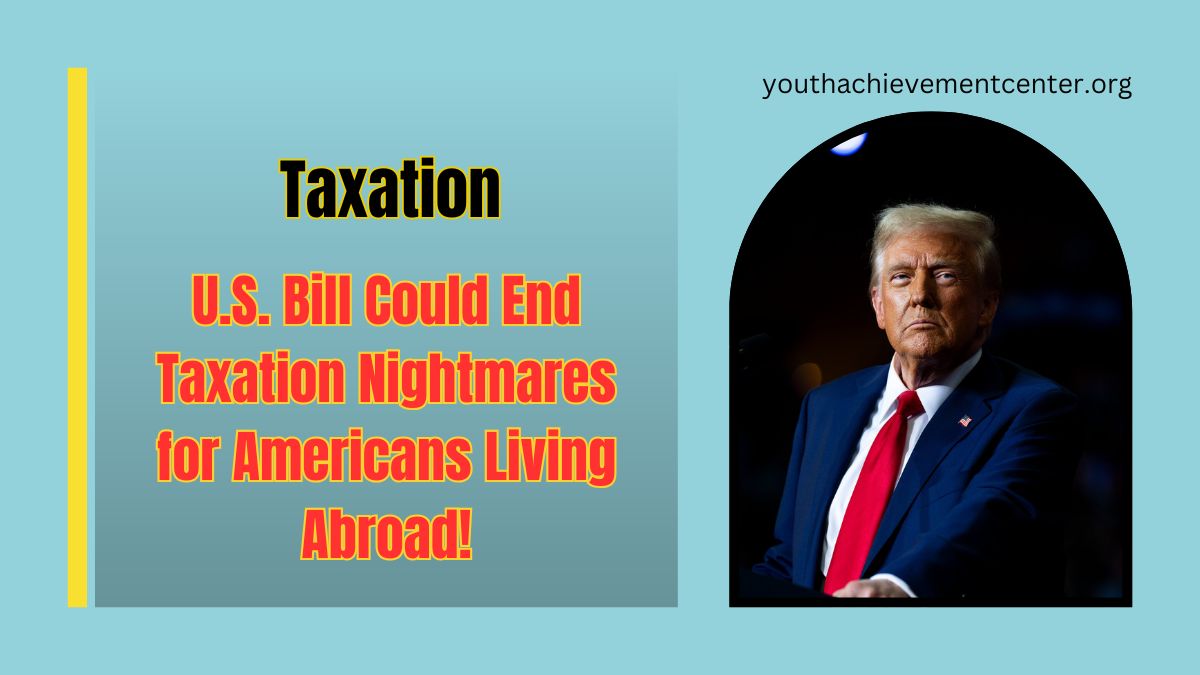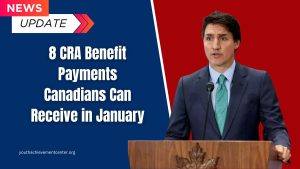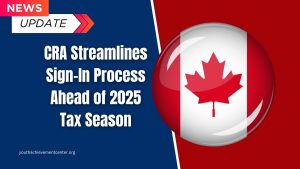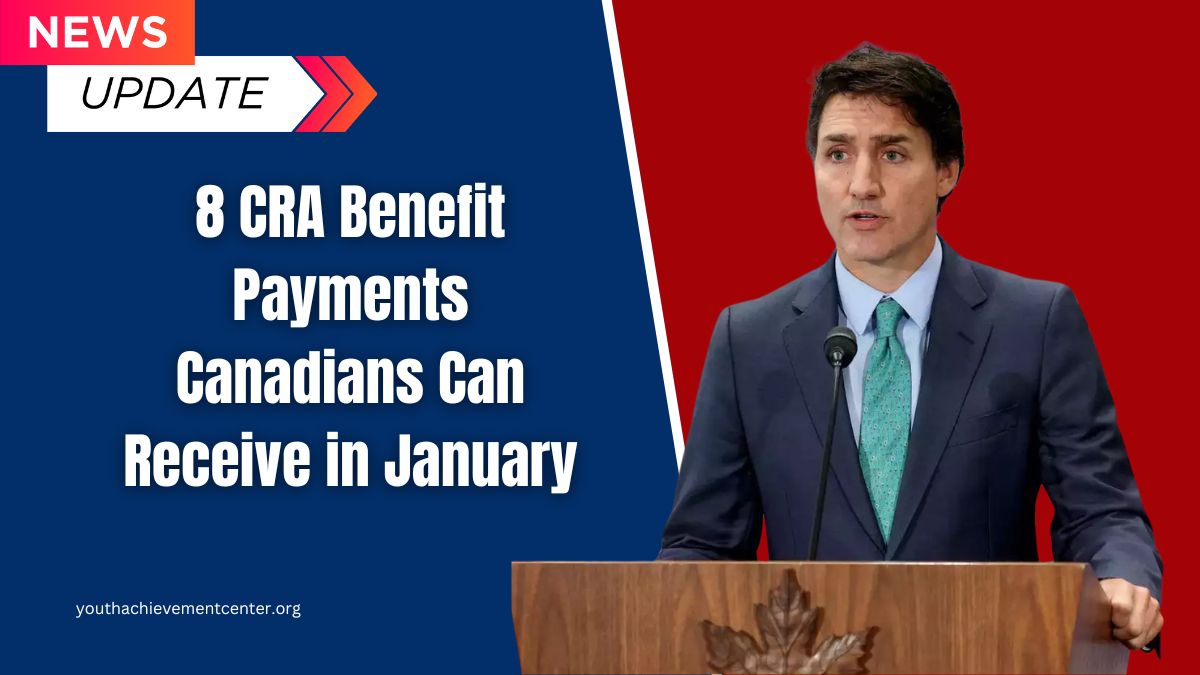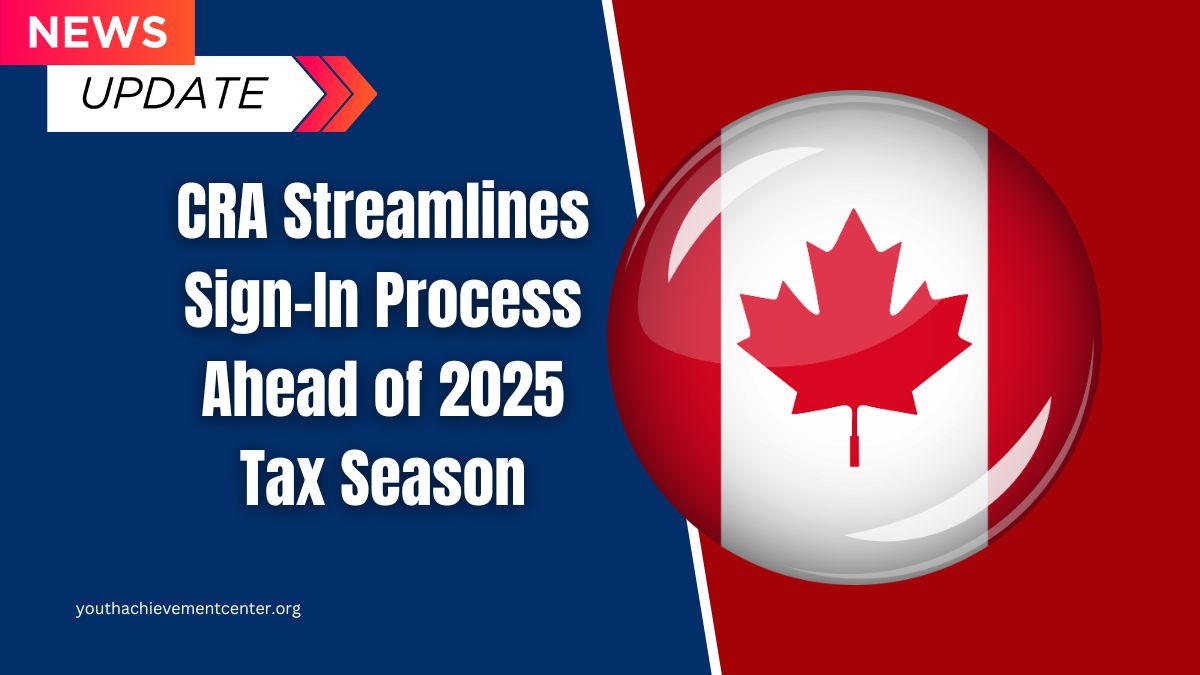A newly introduced bill in the United States Congress could transform the financial landscape for millions of American expatriates by eliminating the need for income-tax filing for those living abroad without U.S.-based income.
This legislation aims to address a long-standing grievance among Americans overseas, especially Canadians with dual citizenship, who face exorbitant tax compliance burdens despite often owing no U.S. taxation.
Understanding Citizenship-Based Taxation
Unlike most countries, the United States enforces citizenship-based taxation, meaning all U.S. citizens, regardless of residence, must report income to the Internal Revenue Service (IRS). This system contrasts with residency-based taxation, which taxes only residents of a country.
Approximately five million Americans living abroad are subject to these complex reporting rules, which include disclosing foreign bank accounts under the Foreign Account Tax Compliance Act (FATCA). Failure to comply can result in penalties of up to $10,000 per unreported account.
Key Highlights of the Proposed Bill
The bill, introduced by Representative Darin LaHood, seeks to amend the current system by allowing Americans abroad to:
- Opt-out of U.S. tax filing if they do not have U.S.-sourced income.
- Avoid stringent reporting requirements, including FATCA disclosures.
- Simplify compliance while ensuring safeguards to prevent abuse.
If passed, this measure could significantly reduce the financial and administrative burden on expatriates, who often pay thousands of dollars annually to fulfill U.S. tax obligations.
How It Impacts Dual Citizens in Canada
Canada hosts one of the largest populations of U.S. citizens abroad, with over 300,000 Canadians holding U.S. citizenship.
Many of these individuals have faced severe challenges due to dual tax-reporting obligations, despite the Canada-U.S. Tax Treaty generally preventing double taxation.
The primary issue is not paying taxes twice but the high cost of navigating U.S. filing rules. Tax professionals in Canada report that even individuals with simple financial situations can incur compliance costs exceeding $5,000 per year.
Challenges to Passing the Bill
While the bill has garnered optimism from expatriate advocacy groups like Tax Fairness for Americans Abroad (TFFAA), significant hurdles remain:
- Bipartisan Concerns: Policymakers worry about wealthy Americans exploiting the system to evade taxes.
- Previous Failures: Similar efforts in 2018, despite bipartisan support, failed to advance.
- Complex Safeguards: Ensuring the middle class benefits without creating loopholes for high-net-worth individuals is a complex balancing act.
Key Differences in Taxation Systems
| Aspect | Citizenship-Based Taxation | Residency-Based Taxation |
|---|---|---|
| Tax Basis | Based on citizenship | Based on residency |
| Reporting Requirements | Global income, even abroad | Income earned within the country |
| Penalties for Non-Compliance | High penalties for errors | Limited to residents |
| Compliance Burden | High | Low |
Expatriates’ Reactions
For many expatriates, this bill represents hope after years of financial strain. Brandon Mitchener, Executive Director of TFFAA, called it a “light at the end of the tunnel.”
However, skepticism remains. Tax experts like Kim Moody argue that while the bill addresses compliance burdens, it may not go far enough in preventing misuse.
The Road Ahead
Representative LaHood plans to gather feedback before reintroducing the bill to Congress in 2025. Advocacy groups are mobilizing to ensure the measure becomes part of broader tax reform.
If successful, the legislation would align U.S. tax practices more closely with international norms, alleviating burdens for millions of Americans abroad.
The proposed bill represents a long-overdue solution for the millions of Americans burdened by the complexities of citizenship-based taxation. While hurdles remain, its passage would signify a historic shift toward tax fairness for U.S. citizens abroad.
For expatriates, this reform could mean not only financial relief but also the freedom to fully embrace life beyond U.S. borders.
What is citizenship-based taxation?
Citizenship-based taxation requires U.S. citizens to file and report income to the IRS, regardless of where they live or earn income.
How does the new bill change tax obligations for Americans abroad?
The proposed bill allows Americans living abroad to opt-out of U.S. tax filing and reporting requirements if they do not have U.S.-sourced income.
Why do Canadians with dual citizenship face significant challenges?
Dual citizens in Canada often incur high costs for complying with U.S. tax-reporting rules, even when they owe no U.S. taxes.

